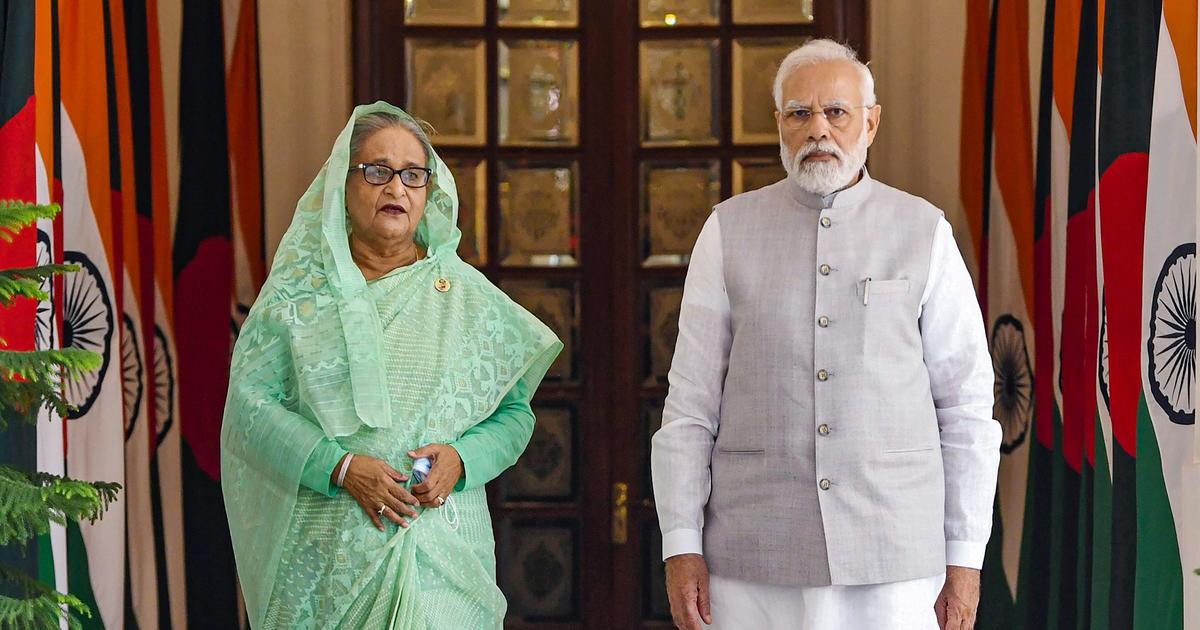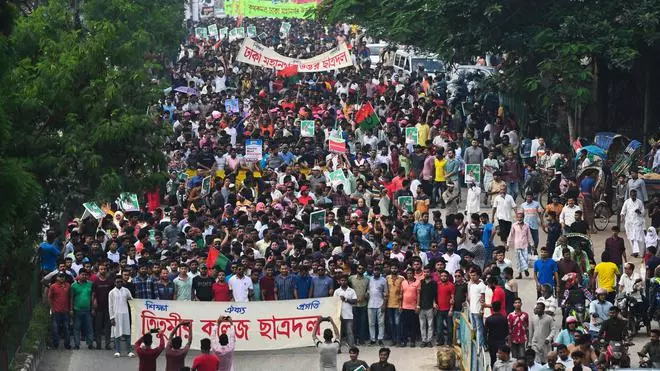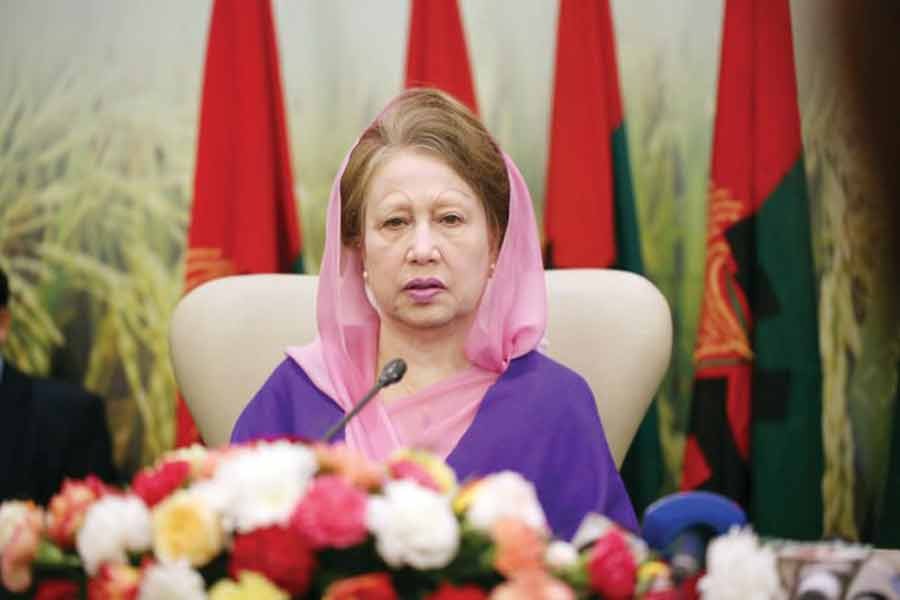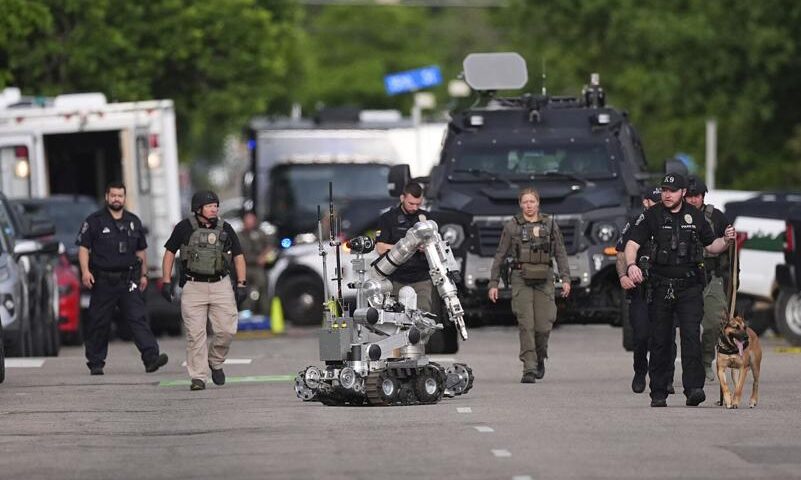
As Bangladesh gets ready to hold general elections on 7 January, the role of its giant neighbour India is being intensely discussed in the country. India’s interest in Bangladesh’s politics is rooted in historical, geographical, cultural, and economic factors. Here are some key reasons Prime Minister Sheikh Hasina is seeking a fourth consecutive term and her win looks inevitable as the main opposition parties are boycotting the election. As Bangladesh approaches an election and the United States turns heat on the Bangladesh government to hold a free and fair election, discussions on India’s role in Bangladesh have once again come to the fore. Since the United States announced its new visa policy on May 24, 2023 to support a free and fair election and democracy in Bangladesh, the public discourse in Bangladesh and in the Indian media have centered on two questions: whether India will continue its unqualified support to the Hasina regime and whether there will be a divergence between the United States and India’s position on Bangladesh’s democratic future. In case of such divergence, whoever prevails is likely to determine the course of Bangladeshi politics for the foreseeable future. The Bangladesh Nationalist Party (BNP) and its allies say they have no faith that Ms. Hasina will hold a free and fair election. They asked her to step down and allow the polls to be held under a neutral interim government – demands she rejected. The Muslim-majority nation of about 170 million people, Bangladesh is almost surrounded on three sides – barring a 271km (168-mile)-long border with Myanmar in the southeast – by India. For India, Bangladesh is not just a neighbouring country. It’s a strategic partner and a close ally, crucial to the security of its north-eastern states. India and Bangladesh have been working on enhancing economic cooperation and bilateral trade. Economic stability and political harmony in Bangladesh are crucial for the success of joint initiatives and projects. So,

Indian policy makers argue that Delhi needs a friendly regime in Dhaka. Ms. Hasina has forged close ties with India since she was first elected in 1996 and it’s no secret that Delhi wants to see her return to power. MS Hasina has always justified Dhaka’s close relationship with Delhi. During a visit to India in 2022, she said Bangladesh should not forget India. its government, people and armed forces as they stood beside the country during the independence war in 1971.This backing for her Awami League party has triggered sharp criticism from the opposition BNP.”India should support the people of Bangladesh and not a particular party. Unfortunately, Indian policy makers don’t want democracy in Bangladesh,” Delhi was “alienating the people of Bangladesh” by openly rooting for Ms. Hasina and backing by “dummy election”. An Indian foreign ministry spokesperson refused to comment on the BNP’s allegations on Delhi’s alleged interference in Bangladesh polls. “Elections are a domestic matter to Bangladesh. It’s for the people of Bangladesh to decide their own future,” India is also concerned that the return of BNP and the Jamaat-e-Islami party could pave the way for the return of Islamists in Bangladesh, as it had happened when the coalition was in power between 2001 and 2006.While several Western governments had wanted to impose additional sanctions on Bangladeshi officials over alleged human rights violations and extra-judicial killings, India has been resisting the move calling it counterproductive. More so, since Beijing is keen to extend its footprint in Bangladesh as it battles for regional supremacy with India.




